Nigeria’s Flying Eagles departed Talca on Monday night feeling aggrieved after a narrow 1-0 loss to Norway in their opening match of the FIFA U20 World Cup, according to Soccernet.ng.
Despite controlling possession, hitting the woodwork twice, and generating the clearest chances, Aliyu Zubairu’s squad left the field empty-handed due to an early penalty decision, a mix of misfortune, inefficiency in front of goal, and contentious refereeing calls.
Below are five key insights from a game that will linger painfully for the Nigerian side.
1. Nigeria’s offensive efforts warranted a better outcome
On a different occasion, the Flying Eagles might have netted multiple goals. Within the opening three minutes, Kparobo Arierhi broke through Norway’s defense only to see his shot crash against the post.
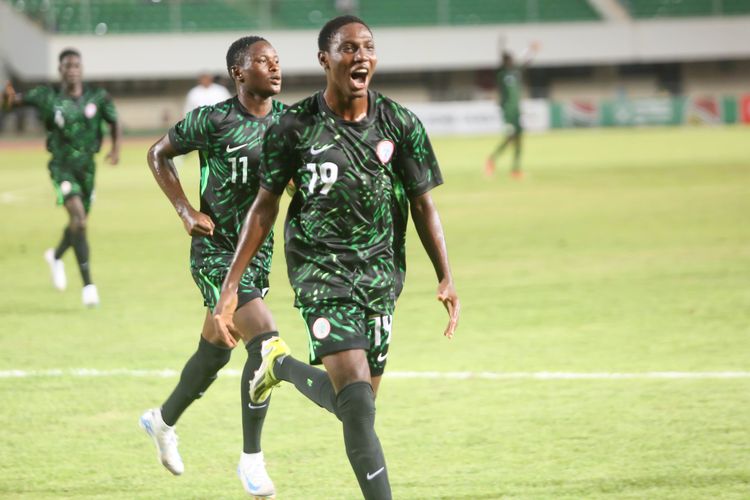
Later in the match, Tahir Maigana also struck the post after a clever pass from Arierhi. Although Norway’s defense was well-organized and compact, Nigeria fashioned enough quality chances to deserve at least a draw.
2. Controversial VAR and refereeing decisions marred the match
The officiating sparked significant frustration among Nigerian fans.
Daniel Bameyi was penalized for a first-half handball after VAR detected the ball grazing his arm, resulting in a penalty converted by Rasmus Holten that ultimately decided the game.
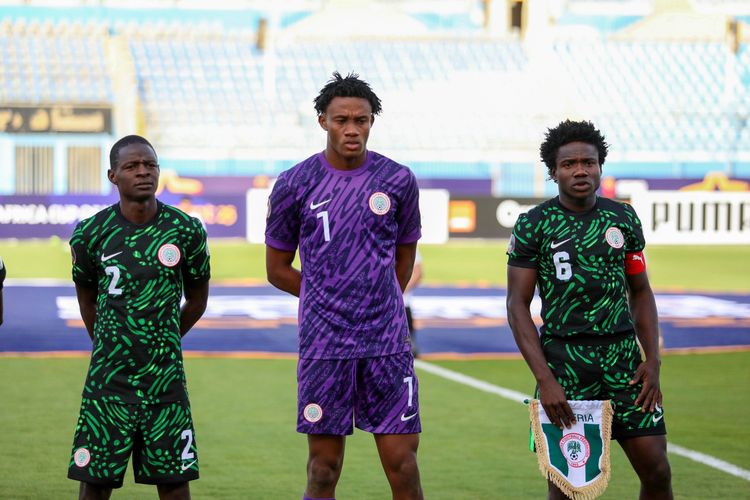
However, when Norway appeared to commit similar infractions later, including a clear handball inside the box, their appeals were dismissed after lengthy VAR reviews.
This inconsistency left supporters questioning the clarity and fairness of the current rules.
Stay Updated with Our Sports Coverage – Join Our WhatsApp Channel Today!
3. Tactical adjustments from Zubairu were insufficient
While Aliyu Zubairu’s initial game plan was solid, his response after Norway’s goal was sluggish.
The team persisted with central attacks rather than exploiting the flanks or widening the play to stretch Norway’s defense.
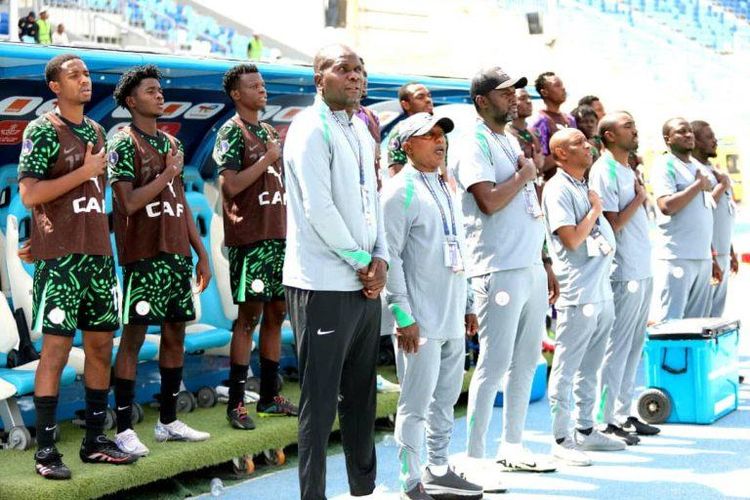
Introducing a second striker earlier, such as Charles Agada, might have disrupted Norway’s disciplined backline, but the substitution came too late when the opposition had already settled into a defensive shell.
4. Arierhi lacked consistent support
Kparobo Arierhi demonstrated relentless effort upfront, pressing defenders and making smart runs, but he was often left isolated.
Midfielder Israel Ayuma attempted to supply him with through balls, yet the service was sporadic and insufficient.
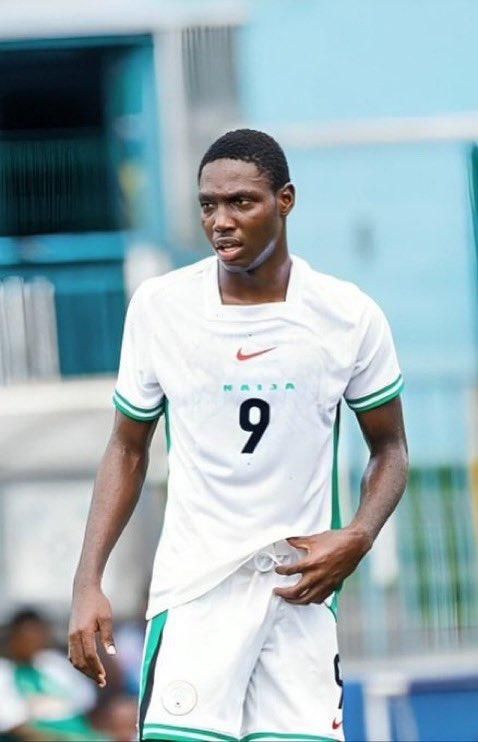
Facing a compact defense, Nigeria needed quicker, incisive passes over the top or to engineer overloads on the wings. Bringing Agada on earlier could have drawn defenders away from Arierhi, creating more space for him to exploit.
5. Encouraging signs amid the disappointment
Despite the setback, there were several positives to take away. Nigeria dominated possession, applied intelligent pressing, and fashioned numerous scoring opportunities.
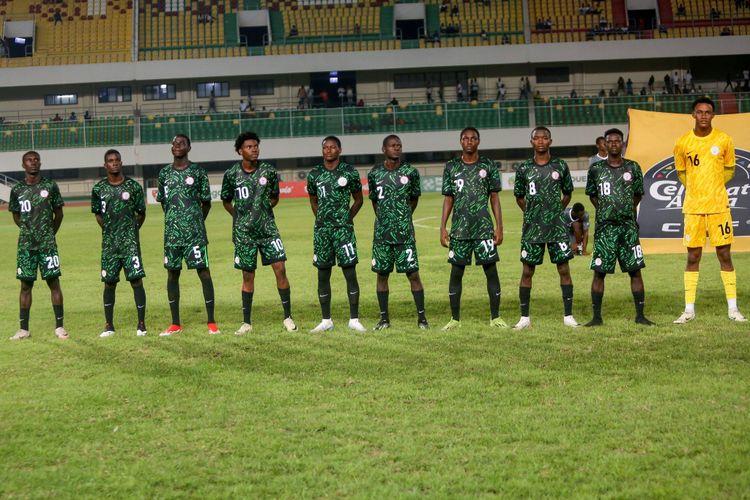
The dynamic energy of Arierhi, the tireless work rate of Maigana, and the midfield’s composure highlight the squad’s quality.
With bolder tactical decisions from Zubairu and improved finishing from the frontline, Nigeria remains well-positioned to recover. One disappointing result does not define their entire tournament journey.



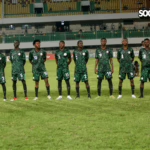













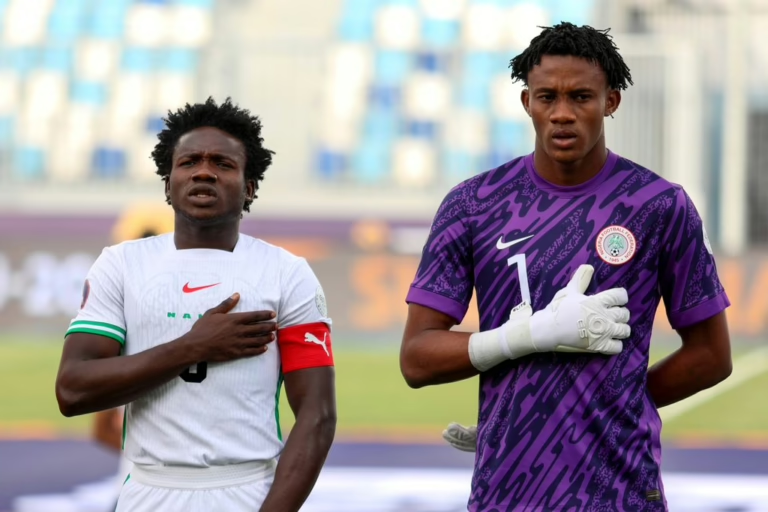
0 Comments